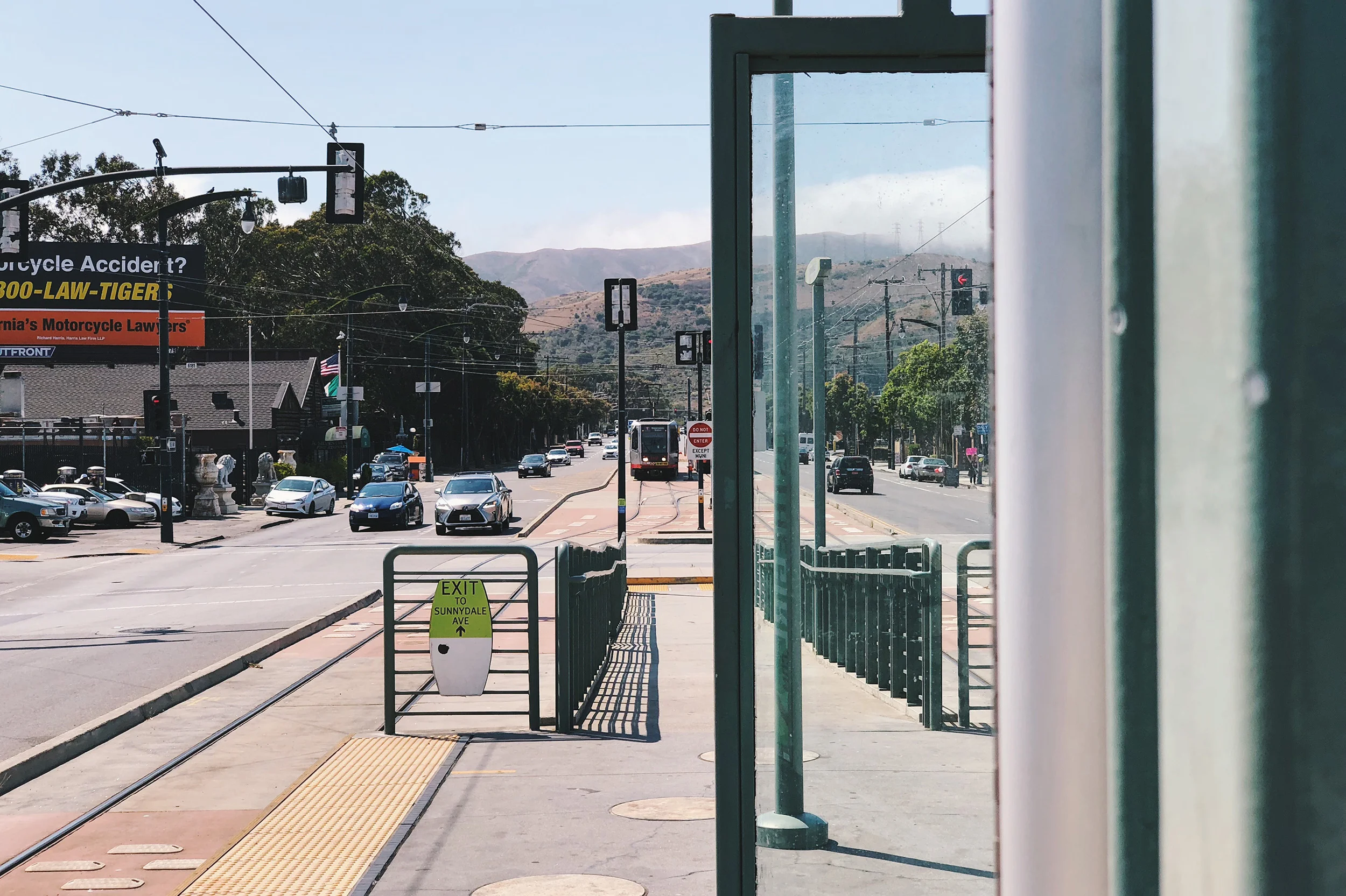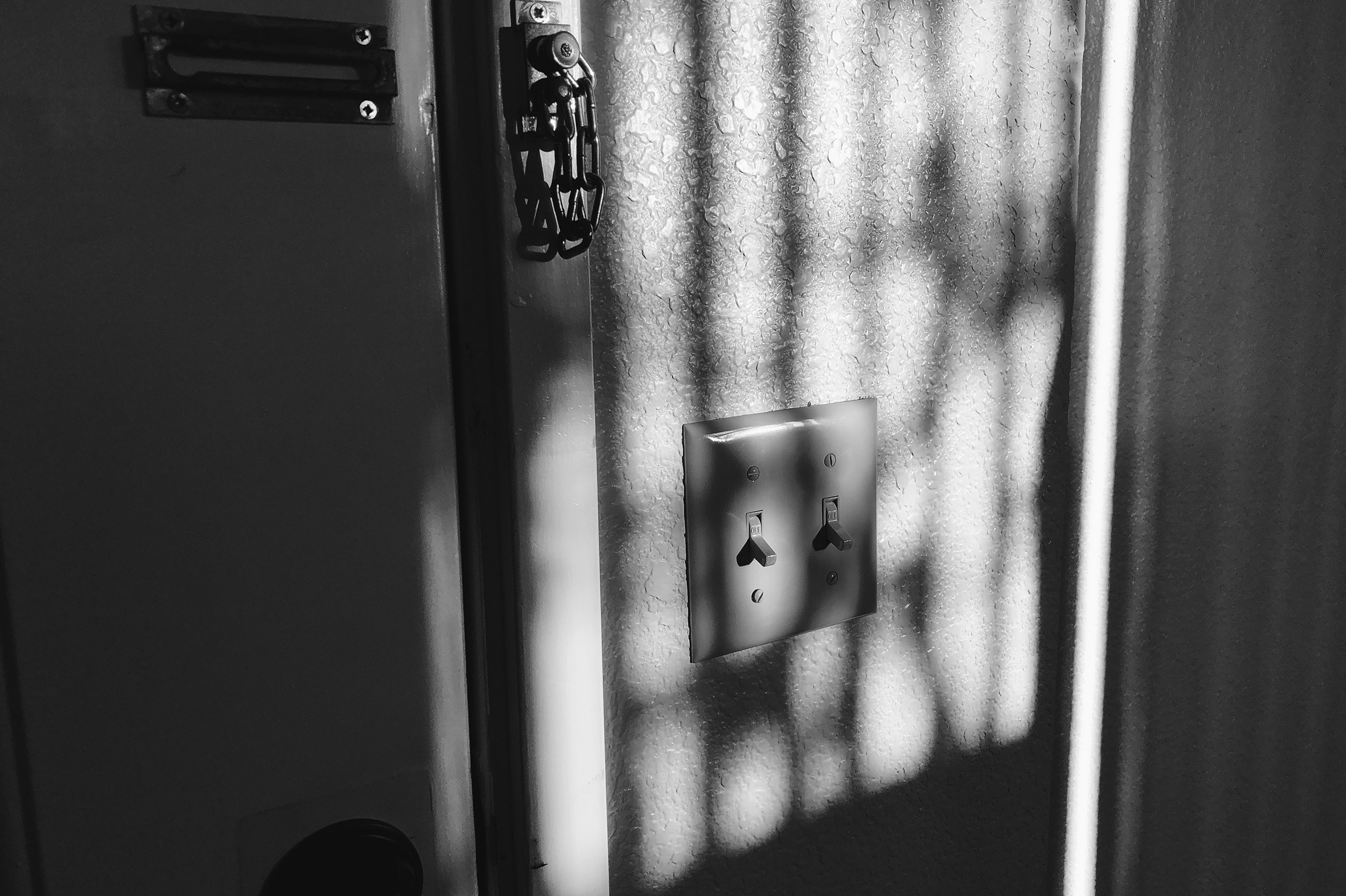One thing I realized in the contrast between taking the bus at night and taking the bus during "normal" commute hours is just how much more passengers there are in the latter. Honestly I was slightly annoyed the bus had to stop at every stop to let people off, compared to the bus at night in which it'll breeze through all the stops until my destination. Now that schools have begun Fall semester the negative effect is compounded: last Friday it took me a solid hour to get home, where it usually takes 40 minutes.
The population density of my neighborhood is only going to go up (there's two huge housing constructions happening on the western and eastern end), so if the buses are crowded now, I'm not sure how they are going to handle the additional thousands of people. There's but two main road arteries that leads out of the neighborhood, and even now it's already super congested during rush hour. Street parking is already impossible so let's add another hundreds of cars? Good luck with that.
I sold my own car, electing to take public transportation, to avoid the above hassles. A few years from now however I can foresee that even taking the bus might be untenable due to the increase in passengers. Won't do me much good if I can't get on the bus and have to keep waiting for the next one (or one after that). I don't think I can live with the amount of wasted time if my combined commute to and from extends well beyond two hours.
For the sake of curiosity, I started to look at alternatives.
One would be the motorcycle. There are no laws prohibiting lane-splitting in California so a bike can simply weave through heavy traffic to get up front (as I see motorcyclists do all the time). Compared to cars, bikes are dirt cheap to buy and insure (no $21K Ducati Panigales in my future), get impossibly excellent fuel mileage, and are stupid easy to park. I plan to stay off the freeways so I don't think it'll be all that dangerous, either.
I reckon an M1 license is in my future.
At least it isn't busy on the weekends.






